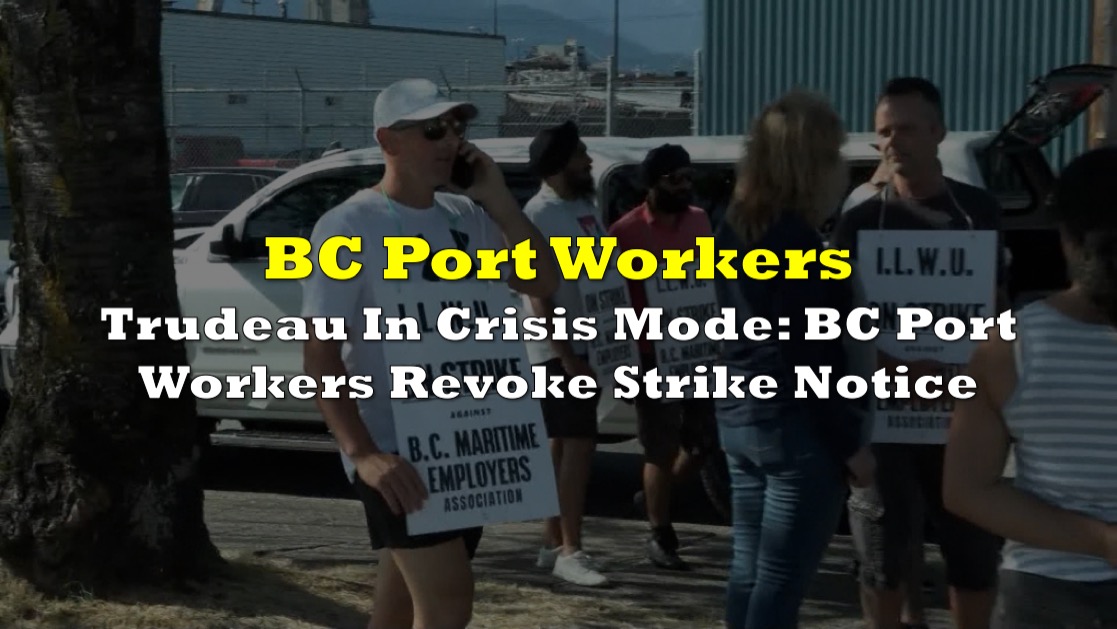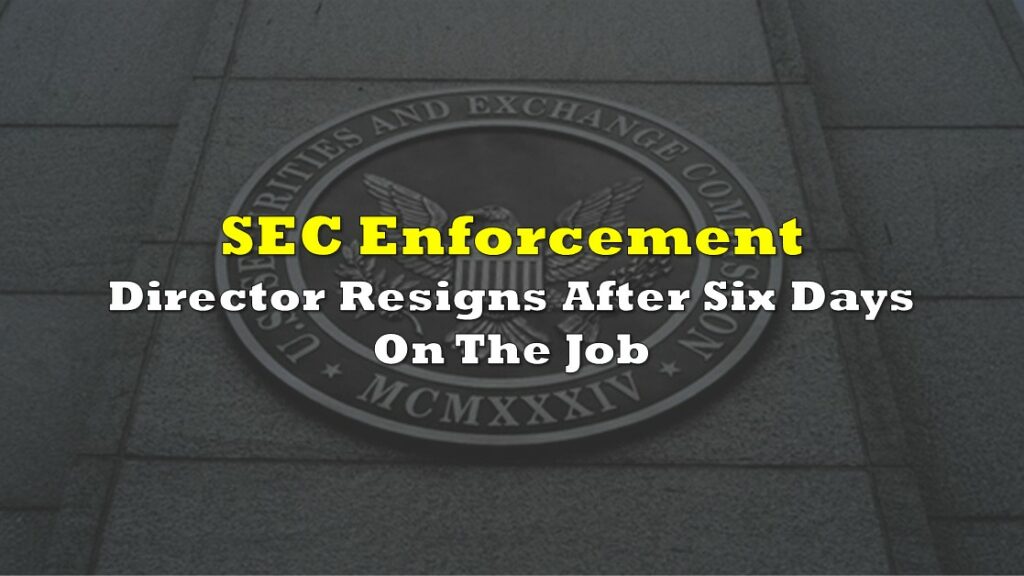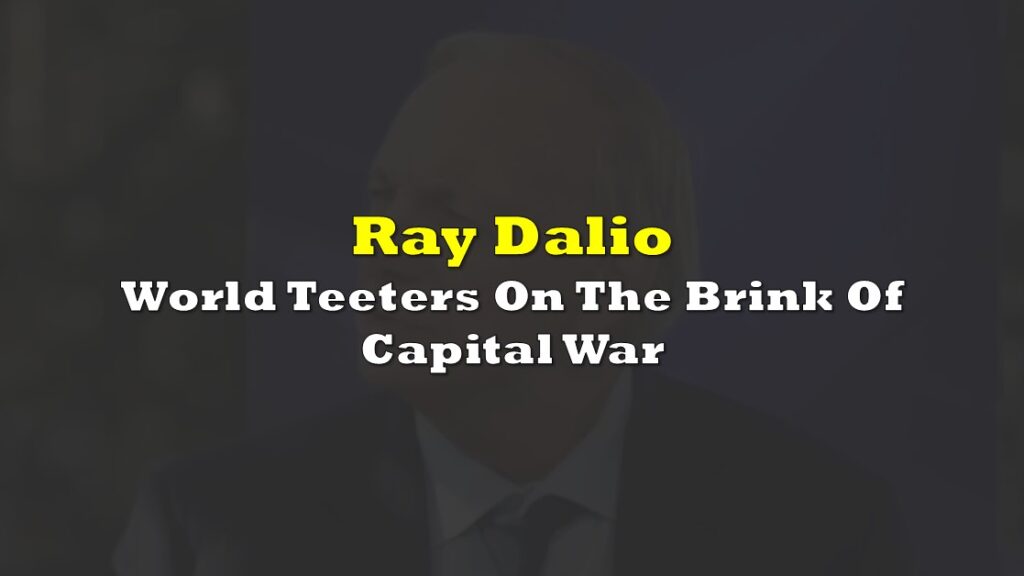Dock workers along Canada’s Pacific coast have withdrawn their strike notice scheduled for Saturday after Prime Minister Justin Trudeau intervened in a crisis meeting aimed at ensuring the stability of supply chains and emphasizing the vital role of port operations.
The strike notice, issued earlier on Wednesday, was swiftly revoked just hours after a federal watchdog declared the ongoing stoppage by the workers illegal.
In a statement on Wednesday, the International Longshore and Warehouse Union (ILWU) Canada announced, “Effective immediately, the strike notice dated July 22 for 9:00 am has now been removed.”
With mounting pressure for decisive government action to end the strike, Trudeau convened a meeting of the Incident Response Group, a collective of senior officials and ministers assembled solely during times of crisis.
After the meeting, the Prime Minister’s Office released a statement expressing Trudeau’s emphasis on the critical need to resume port operations promptly.
“He asked ministers and senior officials their advice toward achieving this goal and directed them to pursue all available options to ensure the stability of our supply chains and to protect Canadian jobs and our economy,” the statement said.
The ongoing strike has severely disrupted operations at Vancouver and Prince Rupert, two of Canada’s busiest ports, which serve as crucial gateways for exporting natural resources and commodities while facilitating the import of raw materials.
The Canada Industrial Relations Board (CIRB) watchdog ruled that the strike must end due to the ILWU’s failure to provide the required 72-hour notice before initiating the stoppage on Tuesday. In response, the union issued a new 72-hour strike notice before eventually withdrawing it.
Since July 1, approximately 7,500 dock workers have been actively picketing at the two ports. On Wednesday, there were no signs of pickets at Vancouver’s port, according to a Reuters witness.
The ILWU leadership had previously rejected a tentative four-year contract deal agreed upon with employers a week ago, which ultimately concluded a 13-day strike.
The employers association accused the union of “holding the Canadian economy hostage.”
The strike’s impact on cargo movement at the ports is estimated at $6.5 billion, based on calculations from the industry body Canadian Manufacturers & Exporters, which estimates around $500 million in disrupted trade daily.
Transport Minister Omar Alghabra expressed his impatience, indicating that the government was considering all options, including back-to-work legislation, which could be politically sensitive. In a joint statement with Labour Minister Seamus O’Regan, they emphasized that the proposed deal was the result of a constructive and substantive collective bargaining process. They expressed concern over further disruptions and pledged to explore all available options to ensure the smooth operation of ports.
“We have been patient. We have respected the collective bargaining process. But we need our ports operating,” said the statement.
The Canadian Manufacturers & Exporters (CME) also released a statement fully agreeing with O’Regan and Alghabra’s, adding that “the federal government has the full support of manufacturers to use back-to-work legislation to bring an end to this second job action at the ports this month.”
“A second strike at the ports of British Columbia, days after an all-party agreement was reached, is intolerable for Canadian manufacturers. Our businesses, like any other in Canada, only thrive on the stability of our critical transportation infrastructure. We need this strike to end, and for the BC ports to open now” said Dennis Darby, President and CEO of CME.
The Canadian Federation of Independent Business (CFIB) initially called the union’s rejection of the mediated agreement “irresponsible and will prolong the devastating impacts of the strike.”
“Our economy and our small businesses do not have the luxury of waiting months for MPs to return to Ottawa before BC ports operations resume. CFIB is calling on government to pass back-to-work legislation to end the strike, clear the backlog and get our economy back on track,” CFIB said in a statement.
Various stakeholders have differing opinions on the matter. While the premiers of Alberta and Saskatchewan, the Canadian Chamber of Commerce, and the Canadian Manufacturers and Exporters support back-to-work legislation, the left-leaning New Democratic Party (NDP) premier of British Columbia, David Eby, urged the two sides to resolve the issue at the negotiating table promptly.
Opposition parties also weighed in, with the leader of the Conservative Party, Pierre Poilievre, demanding Trudeau to devise a plan to end the strike within 24 hours without clarifying his stance on back-to-work legislation.
The federal NDP, traditionally backed by unions and currently assisting Trudeau’s minority government in passing legislation, ruled out support for any law to terminate the strike. This situation means Trudeau would need the votes of the Conservatives or the separatist Bloc Quebecois to pass back-to-work legislation, potentially straining the Liberal-NDP alliance that sustains the government.
Information for this briefing was found via Reuters and the sources mentioned. The author has no securities or affiliations related to this organization. Not a recommendation to buy or sell. Always do additional research and consult a professional before purchasing a security. The author holds no licenses.










One Response
What were the reactions of various stakeholders, such as the Canadian Manufacturers & Exporters and the Canadian Federation of Independent Business, to the strike and its consequences?